Trauma-informed Practice
Awareness about and resiliency to vicarious or secondary trauma is a top priority for our student Investigations Lab, our professional trainings, and our substantive programs. We teach resilience as essential to human rights work, both for the health of our collaborators and the longevity of their work in the field.
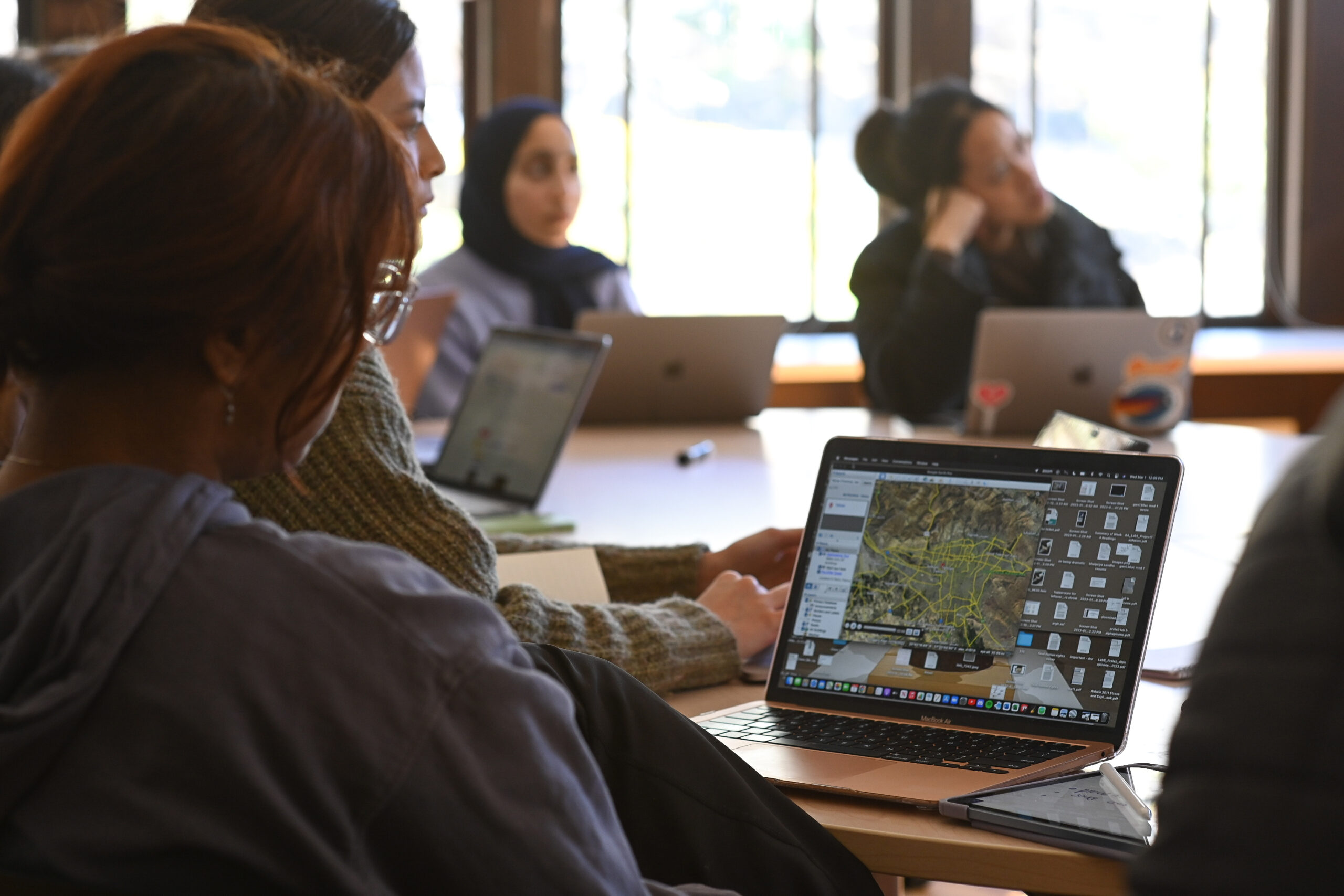
Open Source Investigations
In the course of their investigations, our students are likely to come in contact with graphic imagery, hate speech, and other kinds of disturbing user-generated content. Our work in this area began with Amnesty International, with whom our students work on many digital verification projects concerning violence and human rights abuses. From our first training in 2016, secondary trauma has been part of our core curriculum. We continue to collaborate with Amnesty and we integrate research from colleagues at NYU and Columbia, as well as others who have studied trauma and resilience. We listen to our students and alumni who are constantly innovating and seeking better ways of working. Finally, we integrate ideas about wellness and mindfulness from around the world. Our efforts are ever-evolving, but our goal remains to promote wellness, sustainability, ethics, and joy into our global work for human rights and justice.
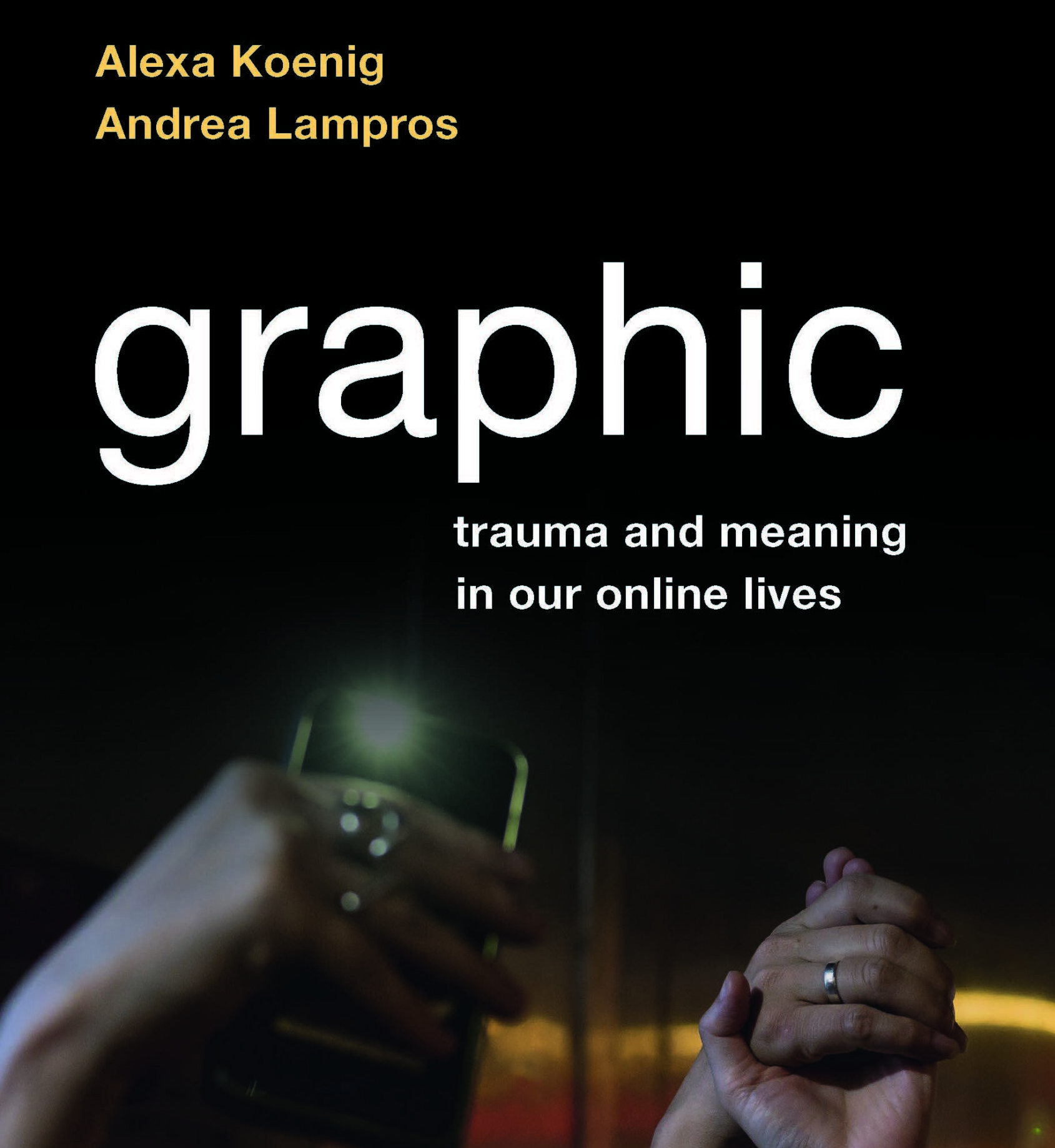
Graphic: Trauma and Meaning in our Online Lives
Today, almost anyone can upload and disseminate newsworthy content online, which has radically transformed our information ecosystem. Yet this often leaves us exposed to content produced without ethical or professional guidelines. In “Graphic: Trauma and Meaning in our Online Lives,” Alexa Koenig and Andrea Lampros examine this dynamic and share best practices for safely navigating our digital world. Drawing on the latest social science research, original interviews, and their experiences running the world’s first university-based digital investigations lab, Koenig and Lampros provide practical tips for maximizing the benefits and minimizing the harms of being online. In the wake of the global pandemic, they ask: How are people processing graphic news as they spend more time online? What practices can newsrooms, social media companies, and social justice organizations put in place to protect their employees from vicarious trauma and other harms? Timely and urgent, “Graphic” helps us navigate the unprecedented psychological implications of the digital age.
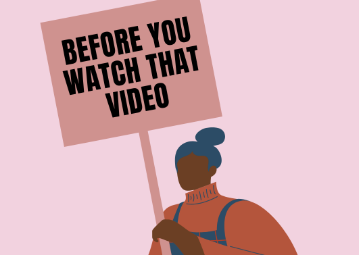
Additional Resources
Promoting Restoration and Capacity Building for Human Rights Investigators
- In partnership with UC Santa Cruz’s Research Center for the Americas, we’ve helped develop a toolkit for human rights investigators that equips them with strategies to increase resilience and identify trauma responses. The toolkit is a free resource available to everyone.
Rated R for Resilience
- Co-created by three Investigations Lab alumnae, this project was created in the wake of the murder of George Floyd and increase in global protest – both physical and digital. They’ve created multiple free toolkits for digital investigators and people encountering traumatic content online.
Human Rights Resilience Project
- A collaboration between multiple individuals and organizations (including the Human Rights Center) to bring together resources, research, and tools to improve resilience and well-being within the human rights community.
Making Secondary Trauma a Primary Issue
- Eyewitness Media Hub
The hidden victims of repression – how activists and reporters can protect themselves from secondary trauma
- Amnesty International Citizen Evidence Lab
Handling Traumatic Imagery: Developing a Standard Operating Procedure
- DART Center for Trauma and Journalism
News

January 10, 2024
Images of war are shocking. They also can strengthen our humanity
As online information channels and social media proliferate worldwide, news consumers are exposed more often to horrifying images of human violence and atrocities. In a new book, two Berkeley scholars explore how we can protect ourselves
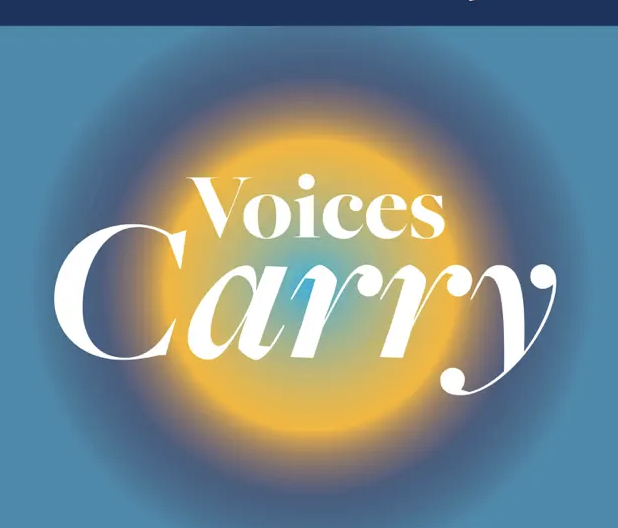
January 10, 2024
How to Process Disturbing Imagery with Alexa Koenig and Andrea Lampros
HRC in the News — Berkeley Law’s Voices Carry: How to Process Disturbing Imagery with Alexa Koenig and Andrea Lampros, covering the release of “Graphic: Trauma and Meaning in our
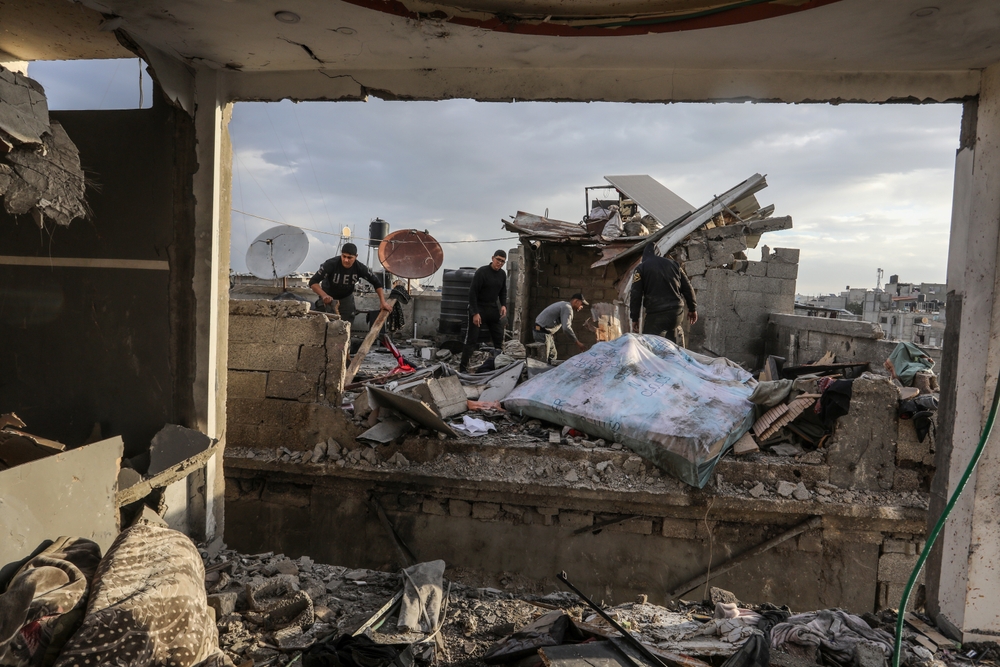
November 17, 2023
HRC in the News — Reuters Institute: Breaks, grief and community: how to protect yourself when sifting through graphic visuals from Gaza and beyond, covering the release of “Graphic:
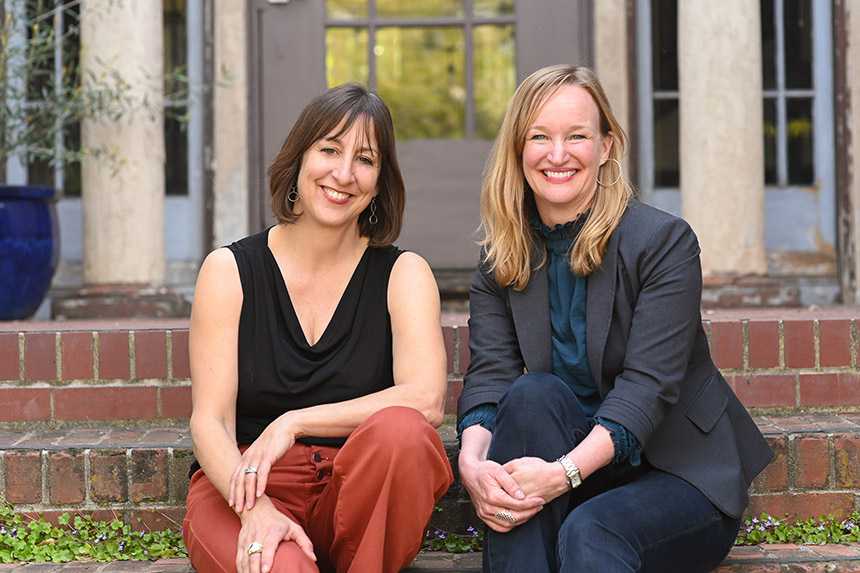
November 7, 2023
Human Rights Center Leaders Offer Science-Based Advice on Processing Disturbing Imagery
Cover of Alexa Koenig, and Andrea Lampros’s book, “Graphic: Trauma and Meaning in our Online Lives.” HRC in the News — Berkeley Law: Human Rights Center
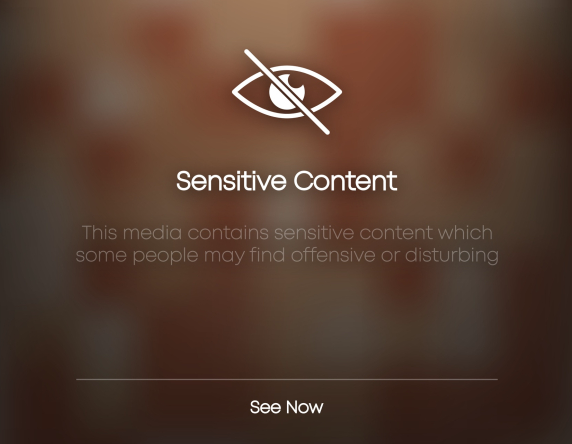
September 19, 2023
11 Tips for Protecting Yourself From Upsetting Images on Social Media
Greater Good Science Magazine: Co-authored by Alexa Koenig and Andrea Lampros.
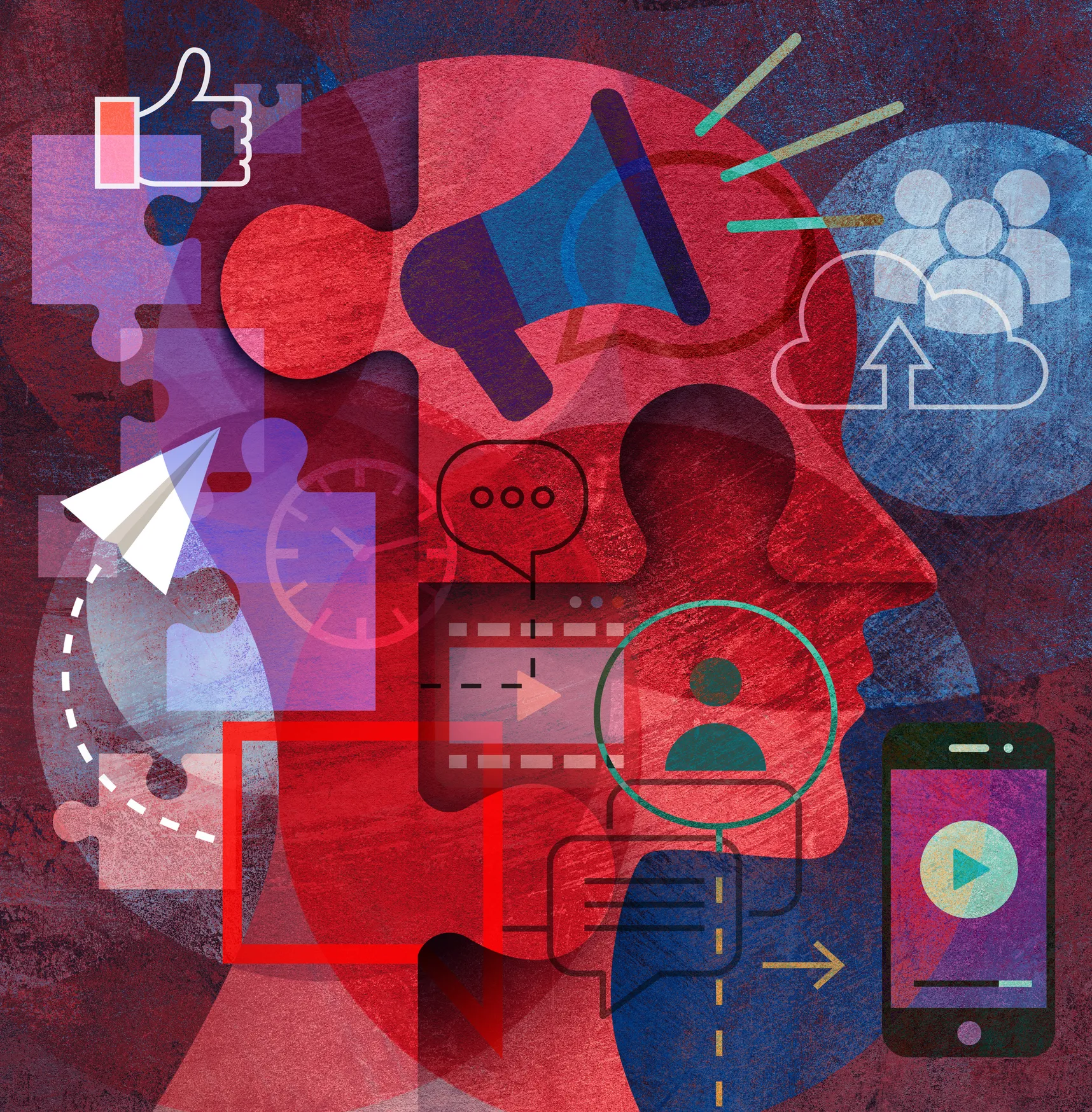
September 15, 2023
How to Stop Doomscrolling and Find Meaning on Social Media
Social media graphic montage illustration. Photo by Getty Images—Sean Gladwell. Commentary — TIME Magazine: How to Stop Doomscrolling and Find
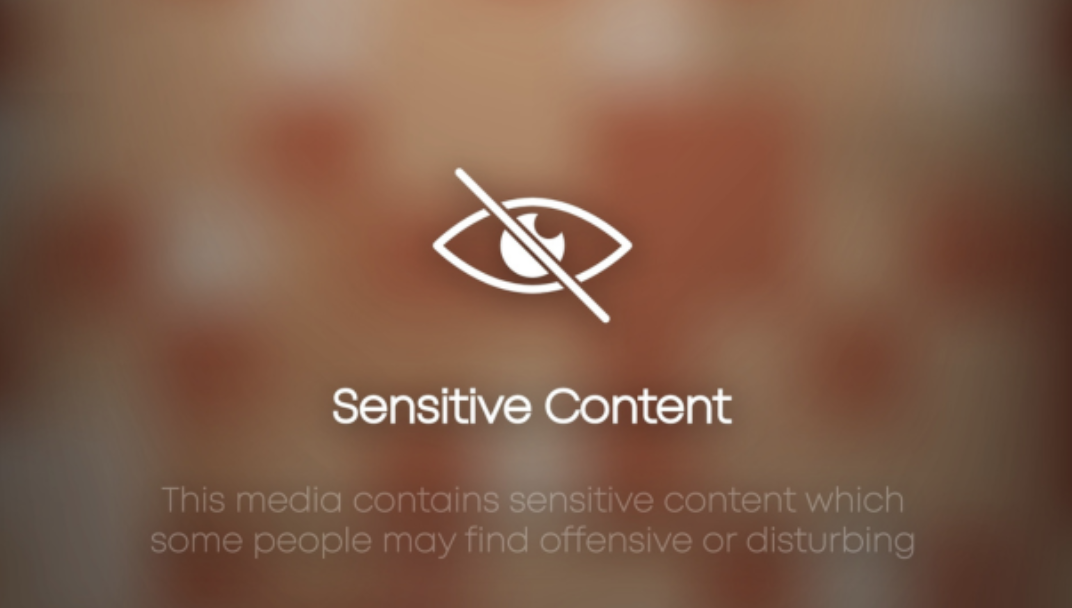
August 7, 2023
Blue-Check Blues and Trauma X-Posure: Coping with Viral Violence
On Shifting Ground Podcast: Interviewing Alexa Koenig and Andrea Lampros.
